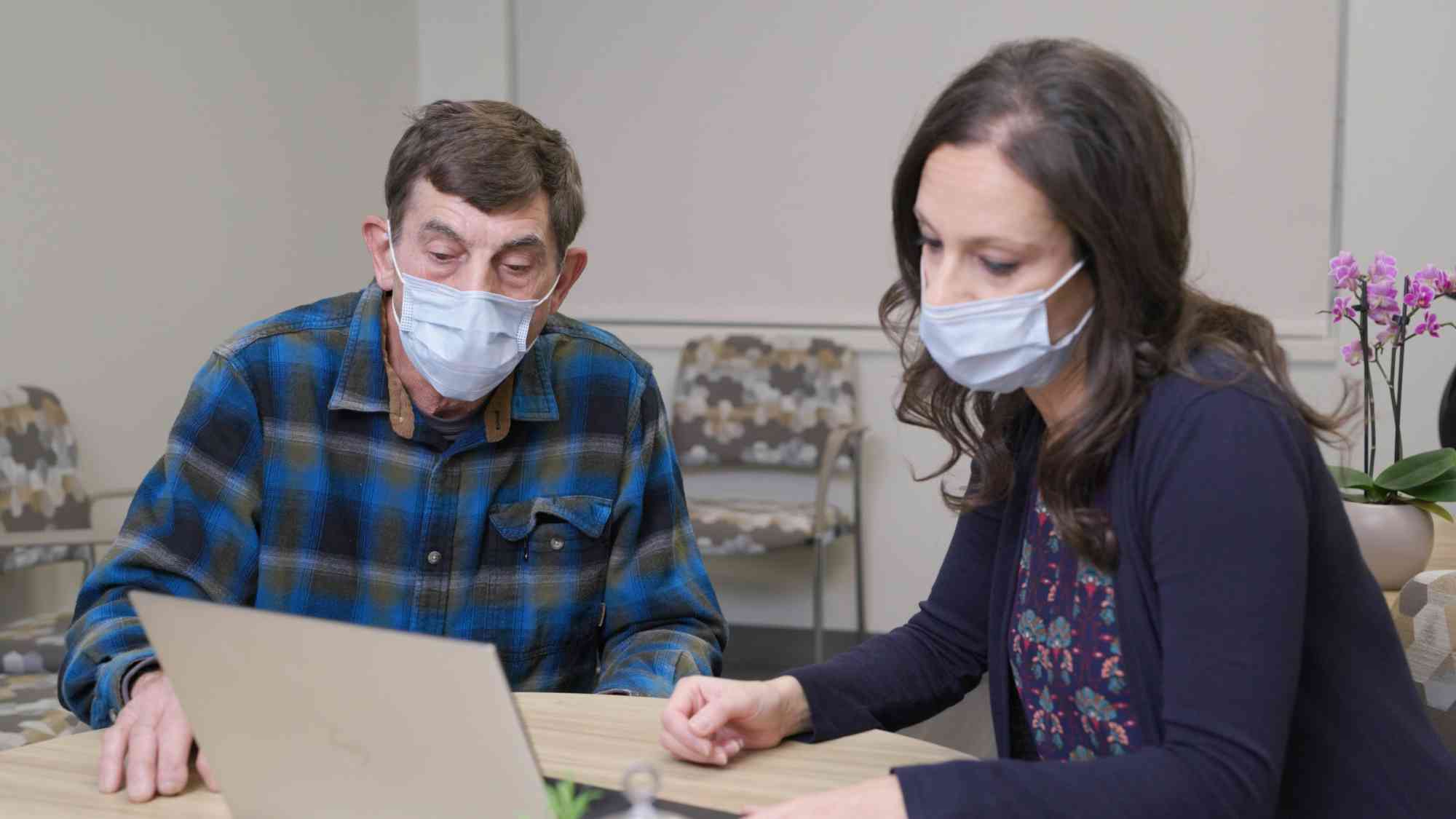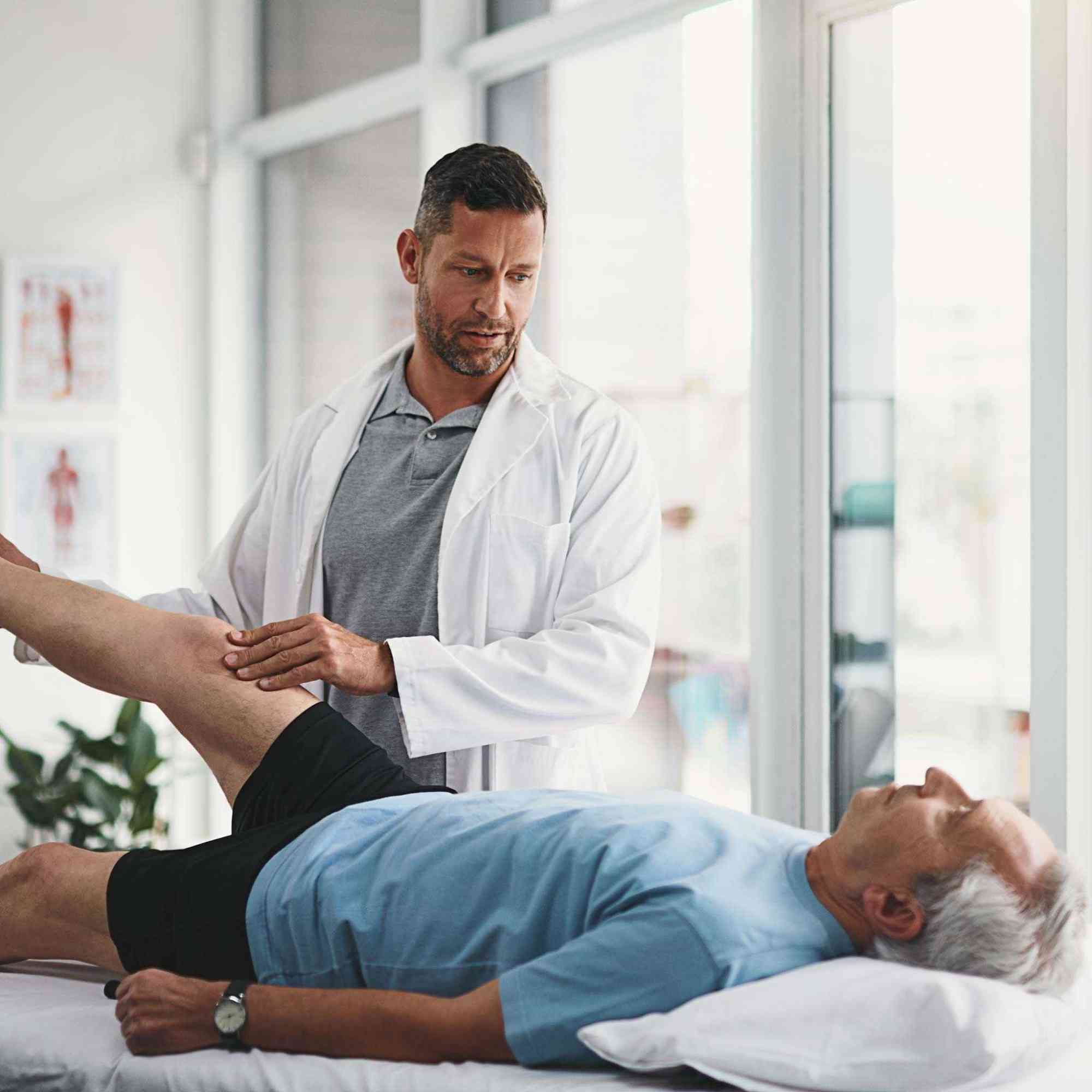Our rehabilitation services
Reunion Hospitals provide a variety of specialized rehabilitation services, including:
Specialized therapies uniquely tailored to your needs and designed to support your long-term recovery.

It’s right there in our name: Reunion Rehabilitation Hospitals are dedicated to helping you feel whole again, and getting you back to your life with as much independence and confidence as possible.
Our approach: Individualized plans of care based on short-term, results-focused therapy techniques and designed to get you back to your everyday life.
Reunion Hospitals provide a variety of specialized rehabilitation services, including:

Each patient receives an individualized plan of care to address their functional challenges with an intensive, results-focused approach that includes physical therapy, occupational therapy, speech therapy, and cognitive therapy.
Patient care may involve specialized treatments, including (but not limited to):

Treatment based on on mobility, strength, coordination, and balance exercises, as well as assistive devices and patient education and training, that preserves, enhances, or restores physical function.
Treatment to improve self-care, work, or social functioning based on challenges in physical or mental functioning.
Treatment for speech, language, social communication, cognitive communication, and swallowing disorders.
Your individualized plan of care will be executed by a collaborative therapy team under the supervision of a physical medicine and rehabilitation physician.
Physical medicine & rehab physicians
Specialize in treating conditions that affect the brain, nerves, spinal cord, bones, joints, and muscles
Internal medicine physicians
Monitor additional medical issues that may be exacerbated by a debilitating condition
Consulting physicians
Provide specialized medical oversight, recommendations, or treatment for patients as requested by our medical staff
Nurses
Available 24/7 to deliver specialized care that patients need for their recovery
Case managers
Assist with admission and discharge, meet regularly with care team, patients, and caregivers about recovery progress
Occupational therapists
Help patients regain their independence for daily activities, such as getting dressed, bathing, and eating
Physical therapists
Provide testing and targeted exercises to improve physical function, strength, balance, and mobility
Speech language pathologists
Address cognitive issues, speech, and comprehension deficits as well as difficulty swallowing